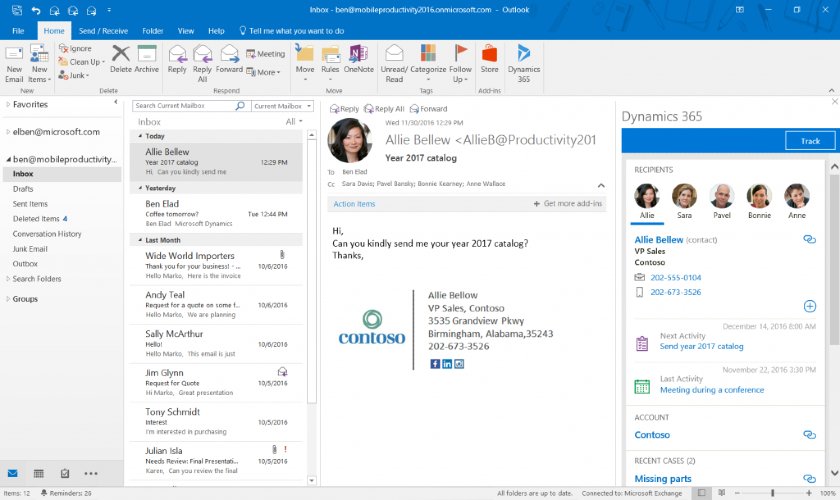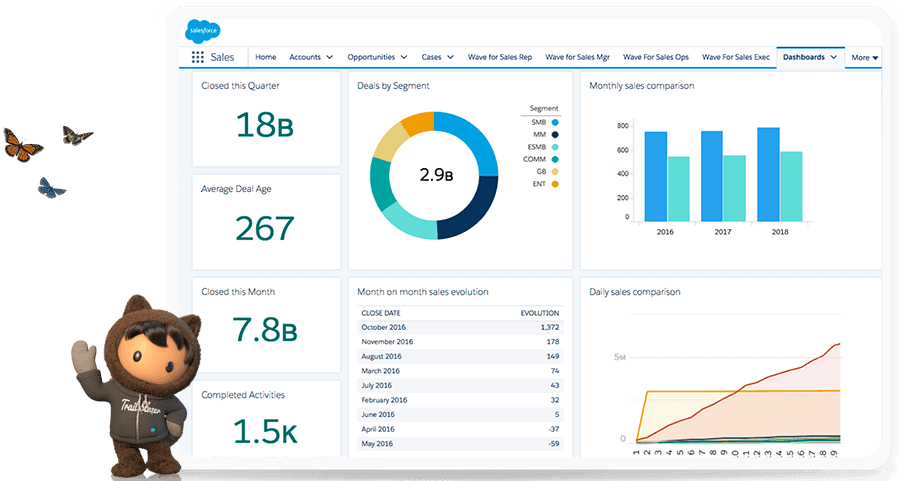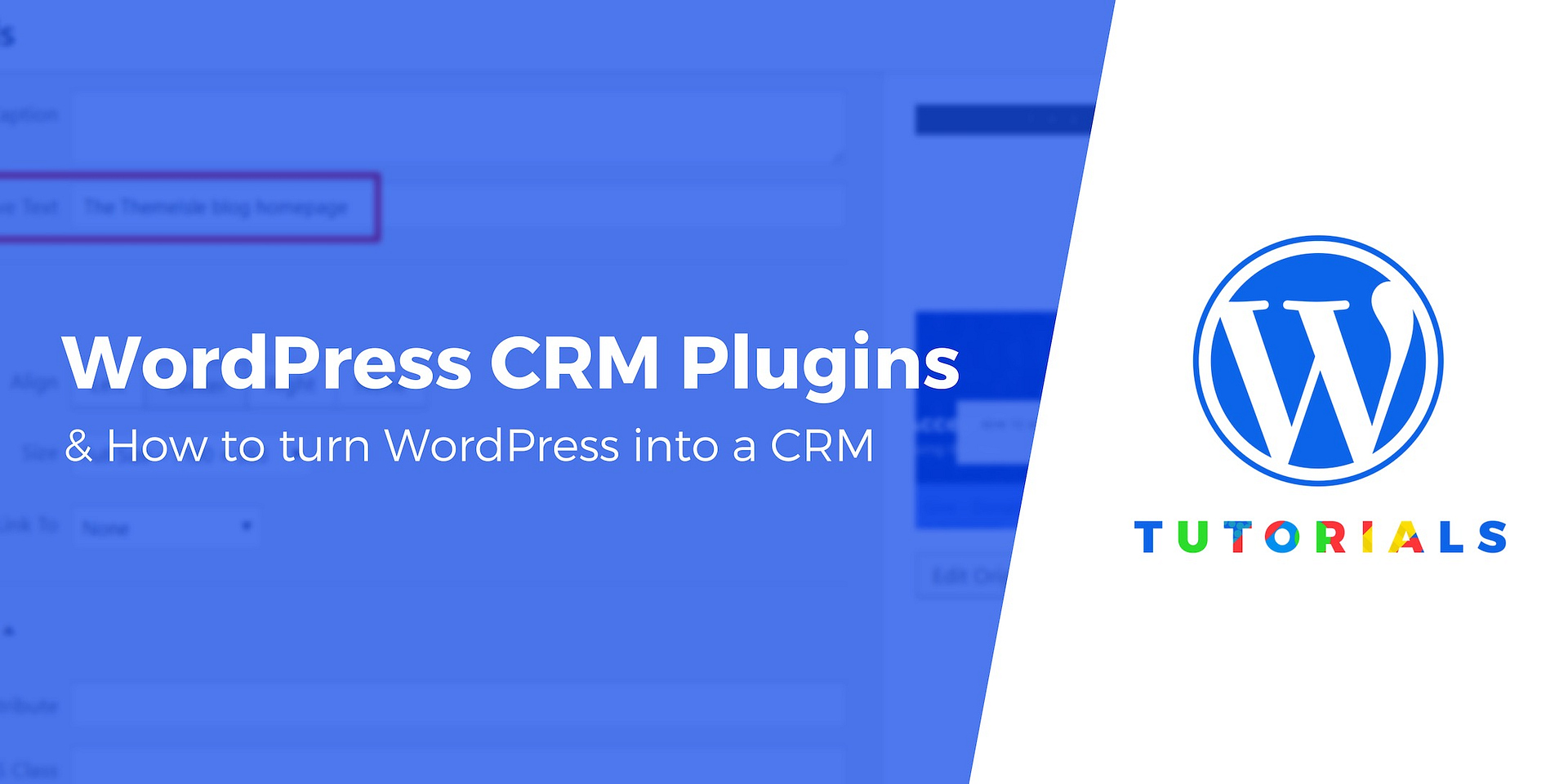

While this is great if you have a large staff dedicated to implementing the system and keeping up with its ever-changing updates, it may not be easy to navigate if you have a small team.
#Best free crm software 2016 trial#
If you finish your free trial and think your company can fully utilize the CRM platform for at least a year, opt for the annual payment plan and save some cash. Pay annually rather than monthly: Many CRM systems offer discounted rates if you commit to a year-long plan rather than a month-by-month subscription.Instead, make a list of the important features you need so you don’t overpay for unnecessary upgrades. Don’t waste money on the complex bells and whistles if you’re not going to use them. While these are all helpful, they may not be much help to the manager of a tiny marketing firm, for example. Figure out exactly what tools you need: Many CRM platforms offer advanced tools such as call transcription and quote-based workflows.These free trials typically last up to 30 days, giving you a chance to adjust to the platform and make sure you’re happy with its services before making a long-term commitment. Find a platform that offers a free trial: Not all CRM companies offer a free plan but you can often find a paid plan that comes with a free trial.

Check reviews to find something more user-friendly. However, if the CRM software you choose is too complex, and there aren’t many resources to help you learn, it will only make your life more difficult. Review the vendor’s training resources: Part of the reason for getting a CRM system is to make your life easier by automating your menial tasks.Or, if you’re always on the go, you’ll want a vendor with a useful mobile app. Find the CRM vendor’s strong suit: If your company focuses mainly on sales and marketing, you may want a CRM platform that offers more advanced tools for these teams than one that includes customer service tools in its free plan.To address this possibility before it becomes an issue, choose a free CRM that also offers affordable paid plans and the features that are most important to your company. Look at the vendor’s paid plans: Even if you’re currently comparing free plans, you may later end up needing the many features of a paid plan.Also, find out if a vendor offers an on-premise or a cloud-based CRM as the two offer different levels of security and customization options. Compare the different standard features as well as the available add-on options and integrated third-party apps.



 0 kommentar(er)
0 kommentar(er)
